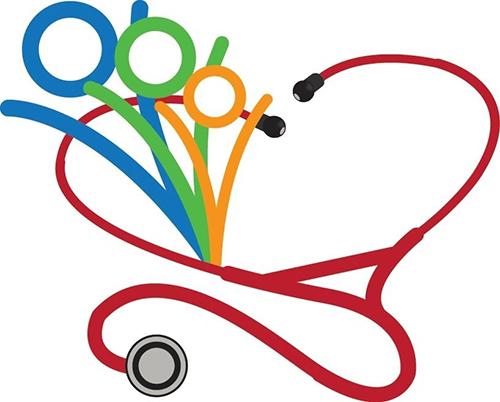When you’re exhausted, it’s not just physical strain that can take a toll. Overdoing it mentally or emotionally can also be exhausting.
Mental exhaustion stems from too much mental strain—you’re overtaking your brain with tasks that require thinking. Ever have a long day at work and feel like you don’t have the capacity to decide what to eat for dinner or to choose a TV show? That’s mental exhaustion.
When you are mentally exhausted, you’re overworking your cognitive abilities and executive functions. Mental exhaustion can develop when you have to spend a lot of time on complex tasks, such as analyzing data or making critical decisions.
When you’re mentally fatigued, you won’t be as alert as you normally are. It will take you longer than usual to complete tasks. You may not be as interested in your work and your performance may suffer. Over time, mental exhaustion can lead to trouble sleeping, stress-related headaches, digestive system problems and ulcers.
Emotional exhaustion develops in response to feelings. You may develop it when you process sadness, anxiety, loss, frustration or similar emotions. You might face emotional exhaustion when situations at home or work leave you feeling lost, separated or helpless. It often develops as a result of life changes or transitions.
Long-lasting emotional fatigue can shorten your attention span and concentration. And you may feel sad, hopeless, anxious or irritable. You may have trouble sleeping. Over time, emotional exhaustion can lead to psychiatric problems such as depression or anxiety.
Mental exhaustion and emotional exhaustion are related
Mental exhaustion can lead to emotional exhaustion and vice versa. When you are mentally exhausted, it can be challenging to balance your emotional responses since your ability to process stress is limited. You may become irritable, angry or anxious.
And when you are emotionally exhausted, it can affect your attention span, concentration, and ability to retain and process information. It can limit your ability to make decisions.
It can be hard to recognize mental and emotional exhaustion
One of the big problems with mental and emotional exhaustion is that you often won’t realize you’re experiencing these problems. Being mindful of triggers can help. We all tend to stretch ourselves in times of stress and transition.
Changes can disrupt your system, so you’re at risk of mental exhaustion when you start a new job or role—you’re likely to set unrealistic expectations at these times, and mental fatigue can set in. You’re at higher risk for emotional exhaustion when you experience interpersonal changes such as the end of a relationship.
How you can cope with mental and emotional exhaustion?
Mindful changes in your lifestyle can help you adjust to new situations, prepare for stress and prevent exhaustion. Recommendations such as, exercise, yoga and getting enough sleep will aid in reduction in exhaustion.
Some other strategies can also help:
· While it’s not always possible, once you’ve identified the cause of your mental or emotional exhaustion, see if you can reduce or remove it. Can you delegate some of your work tasks or get more help with household tasks?
· Work a break into your schedule. A vacation is ideal, but shorter blocks of time can help, too. Take a full hour away from your desk at lunchtime, clear an evening and spend time with friends, or simply take every nonurgent task off of your calendar for a few days so you can recharge.
· Avoid or limit napping. When you feel exhausted you might want to cope by resting, but too much daytime sleep can make it hard to get the restorative rest you need at night. · Practice gratitude. Gratitude can combat the negative thoughts you’re likely to experience when you are feeling mentally or emotionally exhausted. You can keep a gratitude journal or take a minute to think about something you’re grateful for. · Take a walk, ideally outside. Exercise doesn’t have to be a hardcore weight workout or a cycling class that leaves you dripping in sweat. Gentler forms of physical activity can boost your mood.
· Choose healthy foods and drink plenty of water. When you’re feeling low you may reach for high-carb, high-fat comfort foods. But a balanced diet is better for your mental health.
If you’re not getting the relief you need, seek help. And connect with a behavioral health professional if you:
· Feel sad, helpless or hopeless for more than a week or two
· Aren’t able to keep up with your responsibilities
· Can’t sleep well
· Aren’t eating well
· Have low energy levels
The Bottom Line
Exhaustion isn’t just physical. You may not recognize the signs, but mental and emotional stress can leave you feeling fatigued, too. If you think you may be mentally or emotionally exhausted, reach out to your primary care provider for help.

